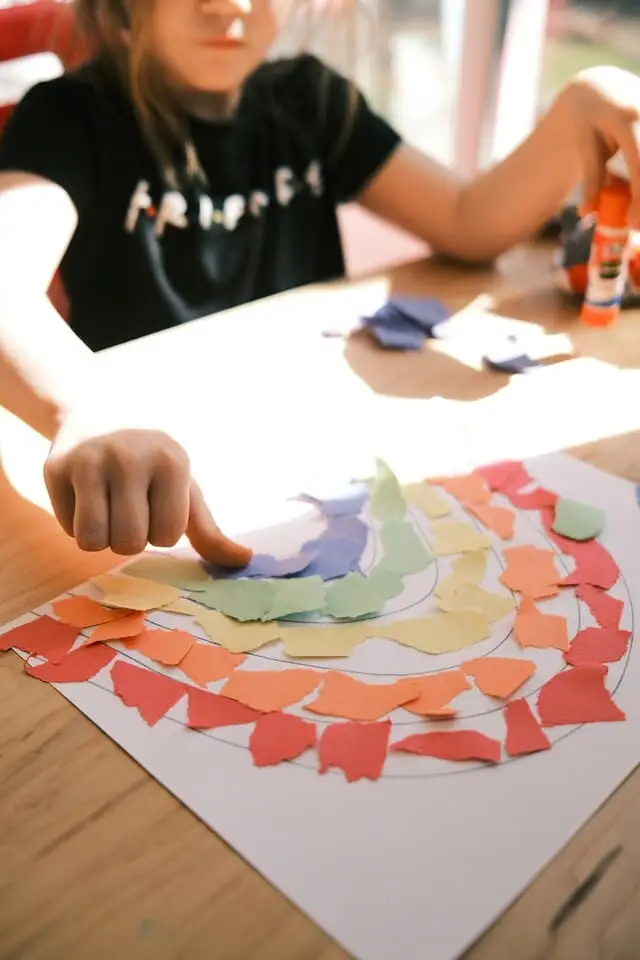
Paper Cuts: Are You Breaking Your Child’s Heart?
Raising a child is filled with challenges, and while most parents are conscious of their physical actions, many overlook the emotional impact of their words. The term “paper cuts” in parenting refers to seemingly minor actions like raised voices, sharp words, and emotional unavailability that can create tiny wounds in a child’s heart. Though these wounds may seem insignificant, their cumulative effect can have long-term consequences on a child’s emotional health. In this article, we will explore these subtle yet impactful parenting behaviors and provide strategies for nurturing healthier relationships with children.
Paper Cuts: Understanding Emotional Neglect
Emotional neglect, unlike physical abuse, is often harder to detect but can be equally damaging. It occurs when parents fail to respond to a child’s emotional needs, whether through a lack of support, harsh words, or consistent criticism. Research indicates that children exposed to emotional neglect are more prone to anxiety, depression, and low self-esteem. Research has found that children who experienced emotional neglect had a 30% higher likelihood of developing mental health issues as adults. This highlights the importance of addressing these “paper cuts” early on.
Common Parental Behaviours that Cause “Paper Cuts”
Parents often unintentionally contribute to a child’s emotional hurt through daily behaviors, such as:
- Raised Voices and Yelling: Frequent shouting not only instills fear but can also damage the child’s self-confidence.
- Verbal Cruelty and Harsh Words: Calling a child “lazy,” “stupid,” or “useless” creates deep-seated insecurities that may persist into adulthood.
- Lack of Support: Not showing up for significant moments (e.g., school plays, sports events) can lead children to feel unloved and undervalued.
- Absence of Affection: Lack of physical and emotional affection can prevent children from forming secure attachments, which are essential for their emotional development.
According to Child Mind Institute, such behaviours can disrupt a child’s development of emotional intelligence (EQ), which is crucial for navigating social relationships and coping with stress.
Consequences of Ignored “Paper Cuts”
The effects of ongoing emotional neglect can be profound and long-lasting:
- Decreased Self-Esteem: Children who constantly hear negative comments may internalize these words, leading to low self-worth and lack of confidence.
- Increased Anxiety or Depression: Continuous criticism or lack of support can foster feelings of unworthiness, increasing the likelihood of mental health issues like anxiety or depression.
- Trust Issues: Children who experience emotional neglect often struggle with trusting others, impacting their ability to form healthy relationships as adults.
For example, a case study published by Psychology Today demonstrated how a 30-year-old who experienced emotional neglect as a child struggled with both self-esteem and establishing intimate relationships.
How to Heal and Prevent Emotional “Paper Cuts”
Healing from emotional neglect is a gradual process, but with effort and consistency, parents can foster healthier relationships with their children:
- Practice Empathetic Listening: When your child speaks, listen actively. Make eye contact, validate their feelings, and respond thoughtfully.
- Use Positive Reinforcement: Instead of focusing on mistakes, highlight your child’s efforts and achievements. For example, praise them for trying, even if the outcome isn’t perfect.
- Be Mindful of Language and Tone: Avoid name-calling, labeling, or using a harsh tone, as these can leave emotional scars. Replace criticism with constructive feedback.
- Offer Consistent Affection: Physical affection, like hugs, and verbal affirmations, like “I love you” or “I’m proud of you,” help strengthen emotional bonds and promote secure attachment.
- Seek Professional Help if Necessary: If you notice significant behavioural or emotional issues in your child, consider consulting a child psychologist or counselor.
While it’s impossible to be a perfect parent, being mindful of the words and actions that could cause emotional “paper cuts” is crucial for your child’s emotional well-being. Addressing these small but significant behaviors can prevent long-term damage and foster a stronger, healthier parent-child relationship. Remember, it’s never too late to start mending the wounds and nurturing a more supportive and affectionate bond with your child.
FAQ Section
Q1: What is considered emotional abuse in children?
- Emotional abuse involves behaviors that negatively impact a child’s emotional development, such as yelling, insulting, or constantly criticizing the child.
Q2: How can I tell if my child is emotionally hurt?
- Signs include withdrawal from social interactions, sudden changes in behavior, low self-esteem, or consistent anxiety.
Q3: What are some ways to improve communication with my child?
- Engage in active listening, validate their feelings, and maintain a calm tone during conversations.
Q4: How can I prevent “paper cuts” in parenting?
- Focus on empathy, patience, and consistent support. Be conscious of how your words and actions might be affecting your child’s emotions.
Q5: How can I repair the relationship if I realize I’ve been emotionally neglectful?
- Apologize to your child, offer reassurance, and make consistent efforts to change the behavior that caused the neglect. Professional guidance can also help.
